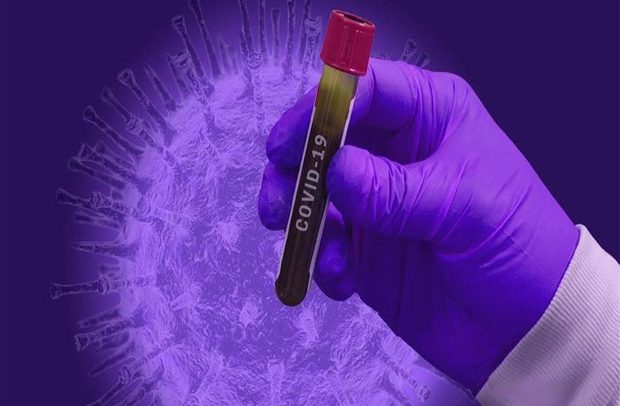One thing that is common to all the countries that have experienced a serious outbreak of Covid-19 is that they first try to contain it with “protocols” (approved by the World Health Organisation [WHO]). The most important of these are isolation, contact avoidance through social distancing, and the wearing of masks.
After the first people to contract the disease have been isolated and given treatment, contact tracing takes place, and often, that enables the health authorities to isolate more people and give them treatment. These measures usually result in a reduction in the occurrence of the disease among the populace.
However, if the trend of the incidence of the disease is seen to be increasing, more stringent measures are embarked upon, often by means of a “lock-down”; (by which is meant the decreasing or even complete cessation of most commercial and social activities.)
Meanwhile, the best practice is to engage in constant TESTING of the population. A general “surveillance” programme is carried out to detect the incidence of the disease, even among the people who have obeyed the order to cut down on commercial and social activities. Carriers who have been missed by the earlier measures continue to be hunted and detected, and usually, in countries that can be seen to be more serious fighters of the disease (such as China, South Korea, Taiwan and Singapore) Covid victims are found where they are. And contact tracing begins all over again.
So, the fight against Covid-19 is an ever-continuing one. Every minute of every day, if it’s given the chance, Covid-19 will affect someone. Therefore, the ideal would be to achieve one hundred percent TESTING of the population – especially those in the vulnerable groups (60+years in age; frontline health workers and other professionals who come into close contact with sufferers).
No professionally proficient health authority can rest on its laurels. Eternal vigilance should become the order of the day, until the day that a vaccine is happily manufactured that can strangle Covid at birth.
“Spikes” in the progress of the disease are the only indication of the pathway it carves through the populace. Because it can go down, temporarily (depending on the TESTING abilities of its “host” countries) nothing can be taken for granted about Covid.
Now, I am generally pleased with the progress that Ghana has made in fighting the disease. Except in one respect.
You see, we have a population of just over 30 million. Yet, the last time I checked, we had only TESTED just over 300,000 of them – which works out to a frighteningly meagre one per cent of the populace.
This is unacceptable. Even if we had a health service that was totally equipped with personal protection equipment; even if we had enough ventilators and oxygen supplies in every intensive unit in the hospitals of our country so that Covid cases could be tackled at the optimum level; even if “all other things were equal”, one would be disappointed in the one per cent figure yielded by the number of TESTED people.
Where other known factors in the equation, such as the notorious indiscipline of the populace with regard to observing the protective measures and guidelines, then the situation calls for alarm.
Of course, in the anti-Covid battle, we cannot have everything. But certain PRIORITIES must be laid down. Whatever government money is available should be concentrated on (1) PPE;
- TESTING EQUIPMENT and (3) VENTILATORS.
- Setting priorities and strictly observing them does not imply that one is neglecting other aspects of the situation. It’s just that when you cannot have everything, the practical thing to do is to allocate your resources in the most efficient manner.
And that means compiling a list of priorities. TOP on my list would be TESTING EQUIPMENT. For you cannot fight against the disease when you don’t know who is carrying it and where. Covid can occur without producing any symptoms in the victim. So, only a test can give an accurate reading of the patient’s health.
But when all is said and done, the success in the fight against Covid-19 is a COMMUNITY BATTLE in which every citizen must consider himself or herself as a frontline soldier. We must all try to influence our family members, friends and acquaintances, as well as our workmates, to do the right thing by all of us.
Those people who go about in public without wearing face masks must be told in no uncertain times that they are unfairly tempting the law enforcement agencies to be brutal to them, even though the policemen and soldiers are also frightened of Covid.
Officials who take decisions affecting the public welfare, such as Electoral Commission officials, teachers and health workers, must regard their power over the lives of their fellow citizens, as a sacred responsibility that has been thrust upon them at an unfortunate moment in the history of their country and – indeed – of the world itself.
If they have any self-regard they should consider their responsibility as something that, hopefully, may never happen again. Therefore, they should warmly embrace the responsibility and discharge their duties with good grace.
For they can then, gladly, tell their children: “I managed to save some lives during the Covid pandemic of 2020.”
By CAMERON DUODU


